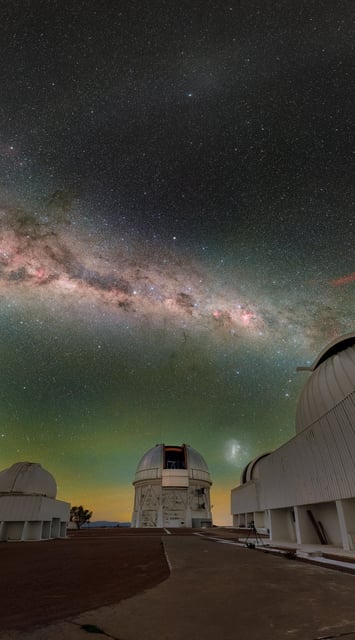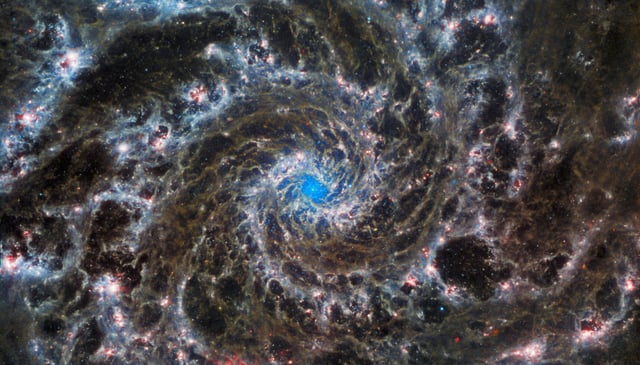Overview
- The Dark Energy Spectroscopic Instrument (DESI) has found evidence that dark energy, the force driving the universe's accelerated expansion, may have weakened by 10% over the past 4.5 billion years.
- This potential evolution of dark energy challenges the Lambda-CDM model, which assumes dark energy is a constant, and could necessitate revisions to the standard cosmological framework.
- DESI's findings are based on three years of data from nearly 15 million galaxies, combined with other datasets such as supernovae and cosmic microwave background radiation.
- While the evidence has reached a statistical significance of up to 4.2 sigma, it does not yet meet the 5-sigma threshold required for a confirmed discovery, with further data expected to refine the results.
- The weakening of dark energy could have profound implications for the universe's future, raising possibilities such as a 'Big Crunch' or a constant expansion rate, depending on its trajectory.



